Did you know that the average lifetime spending on cars has reached £438,000?
Often only second to housing, how much should I spend on a car?
In the following article, Motorfinity's financial experts went back to the drawing board to tackle your questions about car expenditure in the current economy.
This guide offers practical tips and insights to help you make those important choices around car-buying.
We'll cover current market trends, balancing savings with car expenses, understanding the cost of ownership, and exploring various financing options.
We will cover what would be the ideal car considering your budget
Whether you're a first-time buyer or considering an upgrade, this guide will empower you to make a confident decision about how much to invest in your next car.
The 50/30/20 rule still applies considering the current car market.
As car prices soar, you can be torn between financial prudence and practical needs.
We're here to help.
What is the 50/30/20 rule?
The 50/30/20 rule is a simple budgeting method that suggests allocating your after-tax income as follows: 50% for needs (essential expenses), 30% for wants (discretionary spending), and 20% for savings and debt repayment. This guideline helps individuals manage their finances effectively by balancing necessary expenses, personal enjoyment, and financial goals.
Table of Contents
Navigating the Current Market Realities
The landscape in 2024 is complex and increasingly expensive, presenting significant challenges for buyers across all income brackets.
This market is experiencing high demand across both new and used sectors, driving prices upward.
In 2023, the UK's new vehicle market, the seventh largest globally, saw 1.903 million new cars sold.
This trend continued into 2024, with new car sales growing by 5.5% from January to July, totalling 1,154,280 registrations.
The used car market is equally robust, with 1,963,395 cars sold in the second half of 2024 alone, marking a 7.2% year-on-year increase.
This high demand, coupled with supply chain issues and the shift towards electric vehicles, is pushing overall car prices higher. The situation presents a significant financial consideration for most buyers, given that the average annual pre-tax salary in the UK stands at £35,830 as of September 2024.
For many UK workers, especially those under 30 who earn about 25% less than those over 40, this trend makes car ownership an increasingly significant financial decision.
As potential buyers, we must carefully weigh up our options, considering factors such as income, job security, and long-term financial goals.
Understand the Cost of Ownership
It is not just the sticker price that you should consider when deciding about going for a car. The total cost of ownership should be accounted for as well.
Running Costs
The total cost of ownership encompasses all expenses related to owning a car over time, including not only the initial purchase price but also ongoing costs such as fuel, insurance, maintenance, taxes and depreciation.

Purchase Price vs Depreciation
While the upfront cost of a car is the first major factor, depreciation is the biggest hidden cost.
On average, new cars can lose 15-35% of their value in the first year alone, and more than 50% within three years.
When considering cars, think about how quickly they depreciate. Models with slower depreciation may cost more upfront but will save you more in the long run.
How to Minimise TCO
To minimise the total cost of ownership (TCO), opt for a car with lower depreciation, fuel efficiency, and cheaper insurance categories, while ensuring regular maintenance and driving less to reduce costs.
Protect the car’s resale value by keeping the mileage low, avoiding unnecessary modifications, and maintaining a full-service history.
What is the Best Car to Buy Based on Your Budget?
As our experts have noted, there is no ideal budget that perfectly fits current market realities and outcomes. The standard 50/30/20 budgeting rule, where 50% of income goes to necessities like mortgages, groceries, and bills, may not be realistic in today's economic climate.
To provide a more practical guide, we've divided our budget recommendations into three categories: An ideal scenario of spending 10% of your net income on a car, a somewhat compromise scenario of 15%, and a compromise scenario of 20%.
If you're strongly considering a particular car that falls into the 20% category, proceed with caution, as this will significantly impact your overall budget.
To offer a more comprehensive understanding, we've included the total cost of ownership in our calculations, helping you determine whether a specific car is a suitable choice for your financial situation.
It's important to note that these percentages (10%, 15%, and 20%) are based on net income – your earnings after taxes and national insurance deductions – to give you a more accurate picture of what you can realistically afford when it comes to purchasing a car.
As it's not just the cash price to be factored in, we have included the total running cost of the vehicle based on cost per mile to give a more idealistic recommendation of which vehicle to choose based on your salary and budget.
| Gross Income | 10% Ideal | 15% OK | 20% Compromise | Recommended Cars | Cost Per Mile |
|---|---|---|---|---|---|
| £25,000 | £179.33 | £268.99 | £358.66 | Toyota Aygo X, Seat Ibiza, Nissan Juke | 36.05p - 42.4p |
| £30,000 | £209.33 | £314 | £418.66 | Renault Clio, Toyota Yaris, VW T-Cross | 32.77p - 46.1p |
| £35,000 | £239.33 | £359 | £478.66 | Seat Arona, Audi A1, VW T-Cross | 40.92p - 47.82p |
| £40,000 | £269.33 | £403.99 | £538.66 | Mazda Mazda 2, Volkswagen Golf, Toyota | 32.54p - 42.55p |
| £45,000 | £299.33 | £449 | £598.66 | Renault Captur, Vauxhall Corsa, Omoda 5 | 36.4p - 41.27p |
| £50,000 | £329.33 | £494 | £658.66 | Toyota Yaris Cross, Audi A3, Audi Q3 | 36.57p - 56.37p |
| £55,000 | £353.81 | £530.72 | £707.62 | Nissan Leaf, Toyota Corolla Touring Sport, Ford Explorer Electric | 43.78p - 55.4p |
| £60,000 | £377.98 | £566.97 | £755.96 | VW Golf, Audi Q3 Estate, Audi A6 Diesel Avant | 41.33p - 76.43p |
| £65,000 | £402.15 | £603.22 | £804.29 | Ford Puma, Lexus NX, Audi A7 Diesel Sportback | 45.20p - 81.57p |
| £70,000+ | £426.31 | £639.47+ | £852.62+ | Lexus LBX, Audi A5 Avant, Audi Q6 E-tron | 40.79p - 65.87p |
Please note that these figures reflect standard UK income tax calculations.
Scotland follows different tax regulations. If you are a Scottish taxpayer, you should take this factor into account.
Best Cars for Annual Income Between £25,000 to £35,000
For individuals earning between £25,000 and £35,000 annually, balancing affordability with quality is key.
Based on our budget guide, here are some recommended options based on 10-20% of your income.
If you are going for 20% you are going to cramp your budget. It is necessary to make that decision very carefully.
We have incorporated the total running cost to give you a more realistic idea of what car to recommend.
The vehicles mentioned are based on specific trims to suit the budget.
- Toyota Aygo X 1.0 VVT-i Pure, 5dr
- Seat Ibiza 1.0 Tsi 95 Se 5dr
- Volkswagen Golf Estate
- Seat Leon Hatchback 2.0 TDI EVO 150 FR 5dr DSG [Driver Assistance]
- Nissan Juke Hatchback 1.0 DiG-T Acenta Premium 5dr
- Audi A3 Saloon 30 TFSI Sport 4dr
- CHR 1.8 Hybrid Design 5dr CVT
The vehicles mentioned are based on specific trims to suit the budget.
.webp)
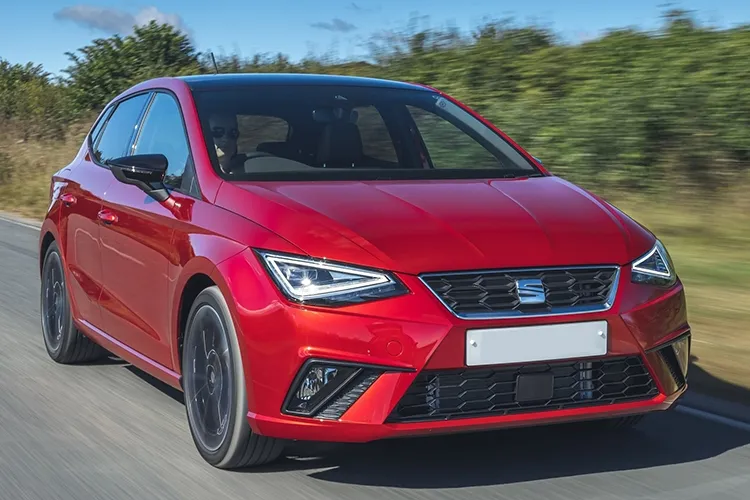
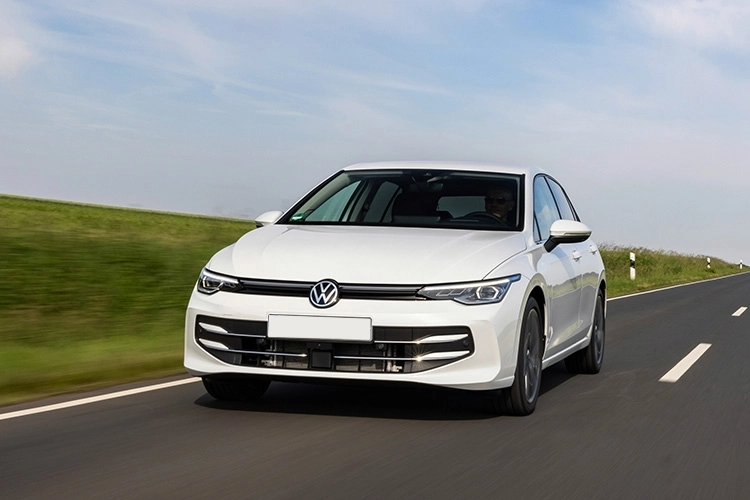
Best Cars for Annual Income Between £35,000 to £50,000
For individuals earning between £35,000 and £50,000 annually, there's more flexibility in car choices, balancing quality features with reasonable running costs.
Our recommendations include various choices from comfortable hatchbacks to efficient SUVs, catering to different lifestyles and preferences. Based on our budget guide, here are some recommended options:
- Renault Clio 1.0 Tce 90 Techno 5dr
- Volkswagen Polo Hatchback 1.0 Life 5dr
- Toyota Yaris Cross 1.5 Hybrid Design 5dr CVT
- Volkswagen Taigo 1.5 Tsi 150 R-line 5dr Dsg
- Omoda 5 Electric 150KW Comfort 61kWh 5dr Auto
- Cupra Formentor 1.5 Etsi 150 V2 5dr Dsg
The vehicles mentioned are based on specific trims to suit the budget.

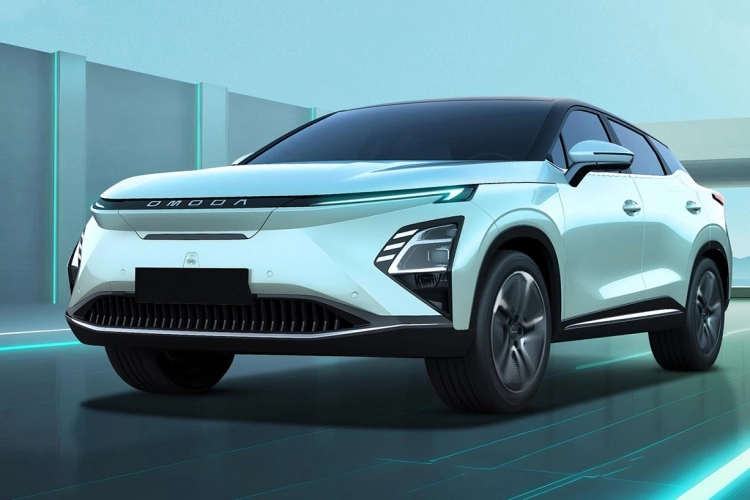
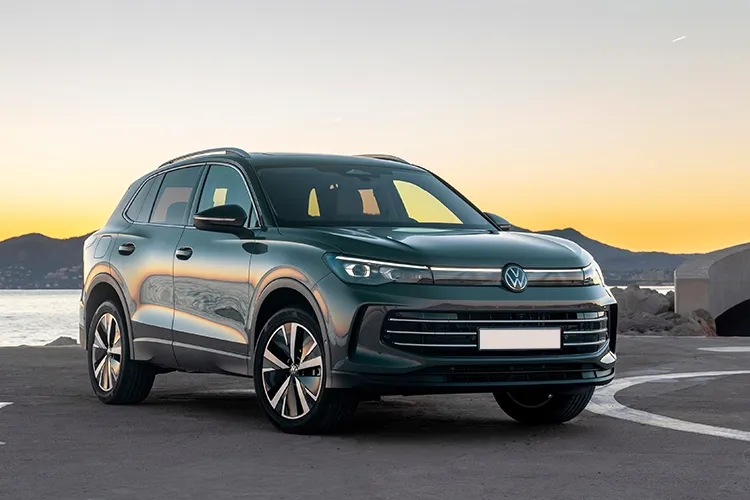
Best Cars for Annual Income Between £50,000 to £70,000
For those earning £50,000-£70,000 annually, car options expand significantly but consider the 40% tax rate above £50,271 when budgeting.
Our recommendations cater to various preferences, from compact luxury to spacious SUVs.
The Audi A3 offers premium features in a smaller package, while the Audi Q3 Estate and A6 Diesel Avant provide more space without compromising luxury.
For SUV enthusiasts, the Ford Explorer and Lexus NX are excellent choices.
The Audi A5 Avant combines style with practicality, and the Lexus UX offers a compact luxury SUV option. These vehicles typically cost 10-15% of net income, with varying running costs.
Consider total ownership expenses and explore tax-efficient options like electric models or salary sacrifice schemes. Balance car expenses with other financial goals, keeping higher tax rates in mind.
- Audi A3 Sportback 35 TFSI S Line 5dr S Tronic
- Audi Q3 35 TFSI S Line 5dr S Tronic [Leather]
- Audi A6 Saloon 40 TFSI Black Edition 4dr S Tronic
- Ford Mustang Mach- E 258kw Premium 91kwh Awd 5dr Auto
- Lexus RX 450h+ 2.5 5dr E-cvt [premium Pack]
- Jeep 2.0 GME Rubicon 4dr Auto8 Wrangler
The vehicles mentioned are based on specific firms to suit the budget.

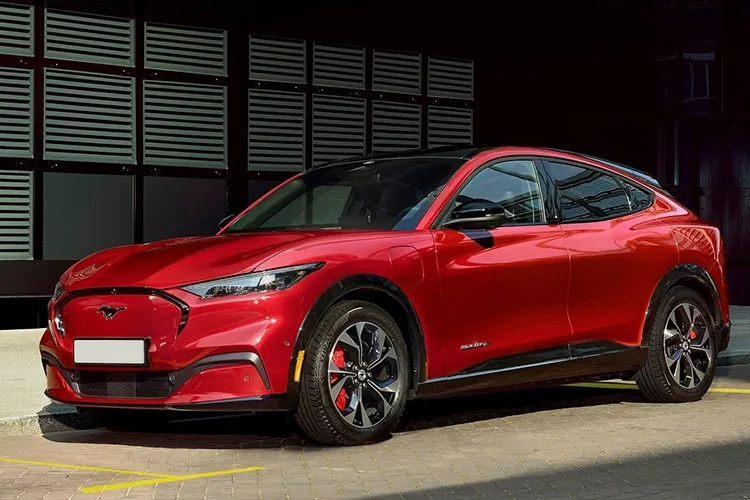
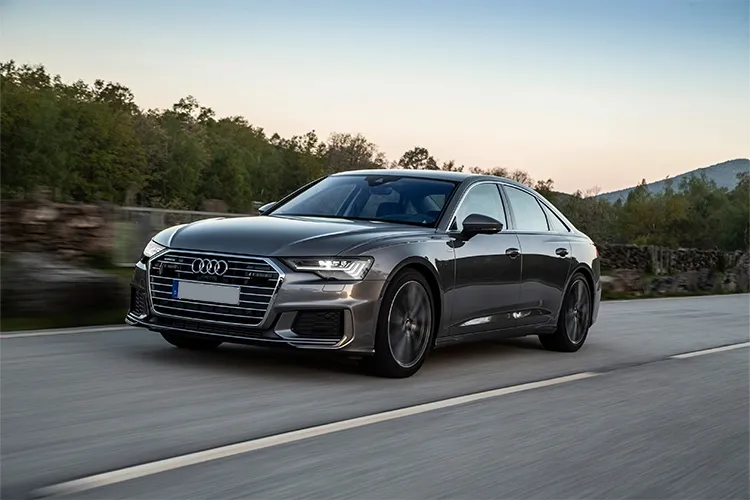
The Ideal Way to Balance Savings and Car Expenses
As the cost of the car is increasing, a strategic approach is needed to ensure that you are not overspending on the vehicle and still maintain healthy savings if possible.
Our team of experts recommend the following strategies.
The Pay Yourself First Approach
Pay Yourself is a budgeting technique which simply means setting aside 20% of your income for savings. This ensures that your savings are not sacrificed for car-related expenses, making saving a non-negotiable part of the budget.
Opt for a Zero Sum Budget for Better Control
In line with zero-based budgeting, assign every pound you earn to a specific expense or savings goal.
This will give you more control over how much you spend on your car while ensuring you’re consistently saving .
Utilise High-Yield Savings Accounts for Car Funds
Ensure that any money saved for future car expenses (like repairs or a down payment on a new vehicle) is held in a high yield savings account.
This way, your money grows over time while remaining easily accessible when needed.
Avoid Lifestyle Creep with Car Purchases
A car's value decreases over time, so account for depreciation in your financial plan.
Car depreciation is a silent expense.
Planning ahead for this ensures you can afford a new vehicle down the line without sacrificing your financial security.
Embrace Car Ownership Alternatives
Depending on your lifestyle and location, consider options like car sharing or leasing rather than outright ownership.
This allows you to reduce upfront car costs and keep more money available for savings, especially if you only need a vehicle for occasional use.

Financing Options and Their Implications
Finance options significantly affect the total budget of a vehicle beyond just the purchase price:
- Interest Rates: Different finance methods come with varying interest rates. Personal loans or hire purchase agreements might offer lower rates compared to dealer-provided finance, directly affecting the total amount paid over time.
- Term Length Longer finance terms can lower monthly payments but increase the total cost due to accumulated interest. This stretches the budget over a longer period, potentially impacting other financial goals.
- Depreciation Risk: Some options, like PCP, build depreciation into the agreement, while others, such as outright purchase or personal loans, leave you bearing the full depreciation cost. This affects the vehicle's long-term value and your overall financial position.
- Additional Fees: Many finance agreements include arrangement fees, early repayment charges, or balloon payments at the end. These can significantly increase the total cost of the vehicle.
- Ownership Cost: The chosen finance method can influence insurance premiums and maintenance responsibilities, affecting the overall budget beyond just the purchase price.
By impacting these factors, finance options play a crucial role in determining the true cost of vehicle ownership, often making the total budget considerably higher than the initial price tag suggests.
Motorfinity
At Motorfinity, we pride ourselves on offering exclusive discount across all makes and models.
Whether you're looking for efficiency, style, or cutting-edge technology, our selection is designed to meet every need.
You can choose from Personal Contract Purchase (PCP), Hire Purchase (HP), and leasing deals. Each option provides flexibility and benefits tailored to different driving habits and budgetary needs.
Are you eligible?
Our nations Armed Forces, Veterans, Emergency Services, NHS, Police and Prison Services, the Education and Social Care sectors and more form our eligible audience.





